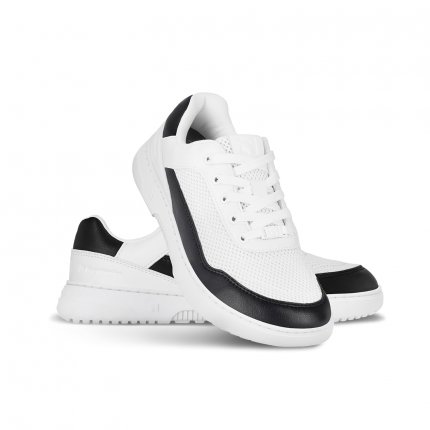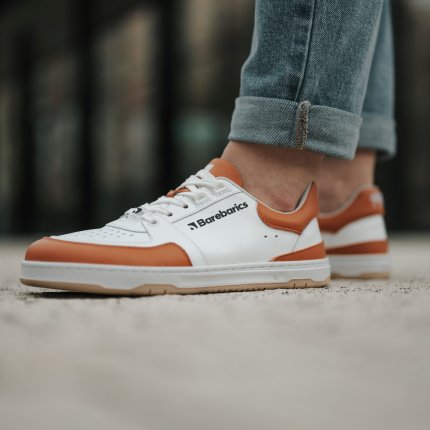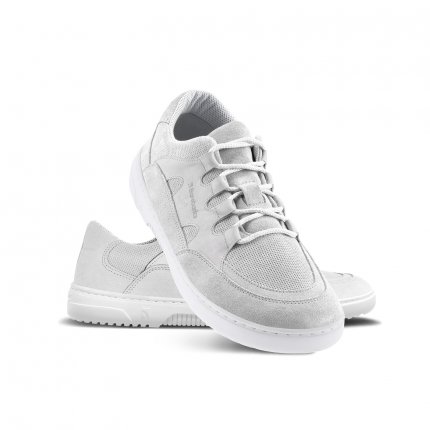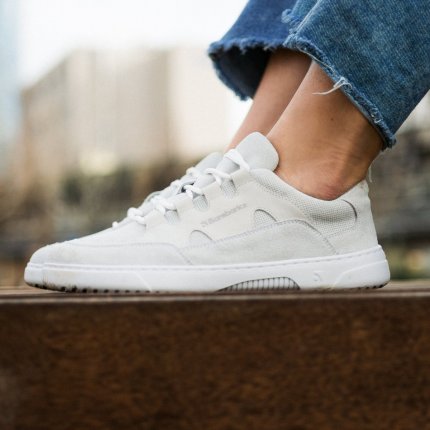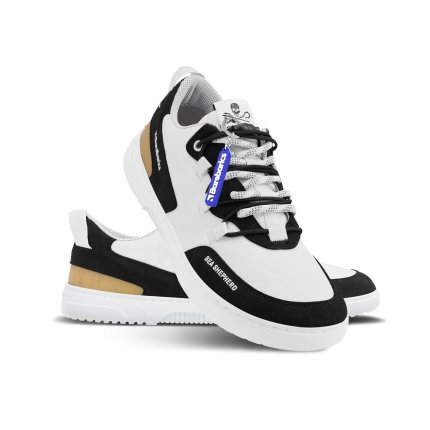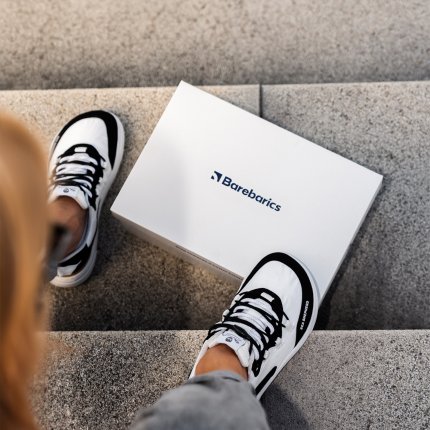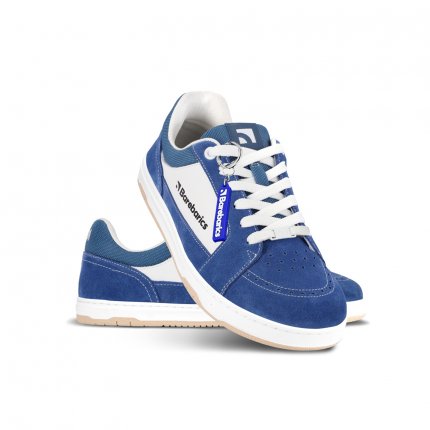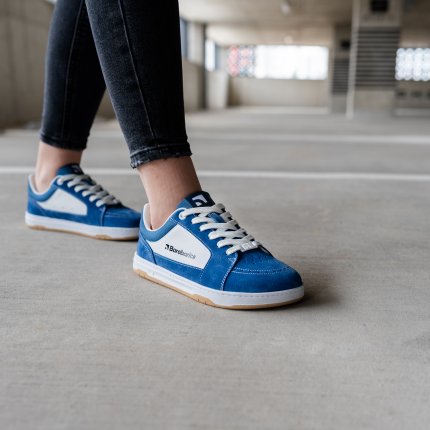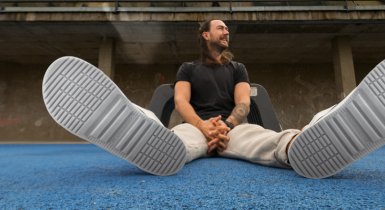The 7 Biggest Lies About Barefoot Shoes
Barefoot shoes. For some, a must-have lifestyle essential. For others, a scary unknown. That fear often stems from misinformation—or a simple misunderstanding of what barefoot really means. So let’s set the record straight. Here are the 7 most common myths about barefoot footwear you’ve probably heard (or believed) yourself.
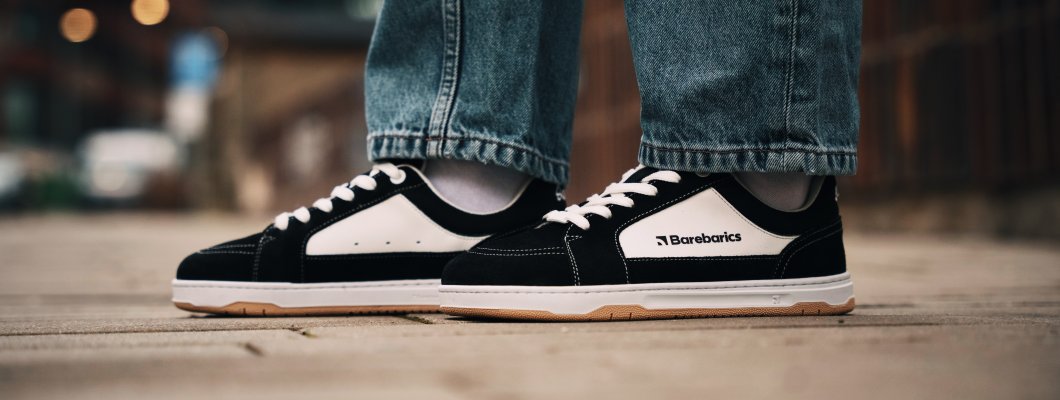
Table of contents
1. Are barefoot shoes “bad for you”?
Not at all. Unless you have a serious medical condition, barefoot shoes can actually benefit your feet. They help activate foot muscles, improve circulation, and support better motor control. A study published in Nature confirms that walking barefoot or in barefoot shoes engages more muscles than regular sneakers ever could.
Not sure if barefoot is right for you? Talk to a physiotherapist and start slow.
2. Can I wear barefoot shoes in the city?
Absolutely. Just be careful at crosswalks. :)
Concrete, tiles, pavement—our barefoot sneakers were made for modern terrain. If you’re new to barefoot, start with shorter walks and gradually build up your time in the shoes.

Beginner Tips:
- Start with 30 minutes a day
- Alternate with regular shoes
- Pay attention to how your body reacts
3. Do barefoot shoes cause flat feet?
Nope. Flat feet aren’t caused by barefoot shoes—they’re often the result of weak muscles, poor posture, excess weight, or wearing the wrong shoes. Barefoot shoes actually stimulate your foot arch and activate the toes and smaller foot muscles.
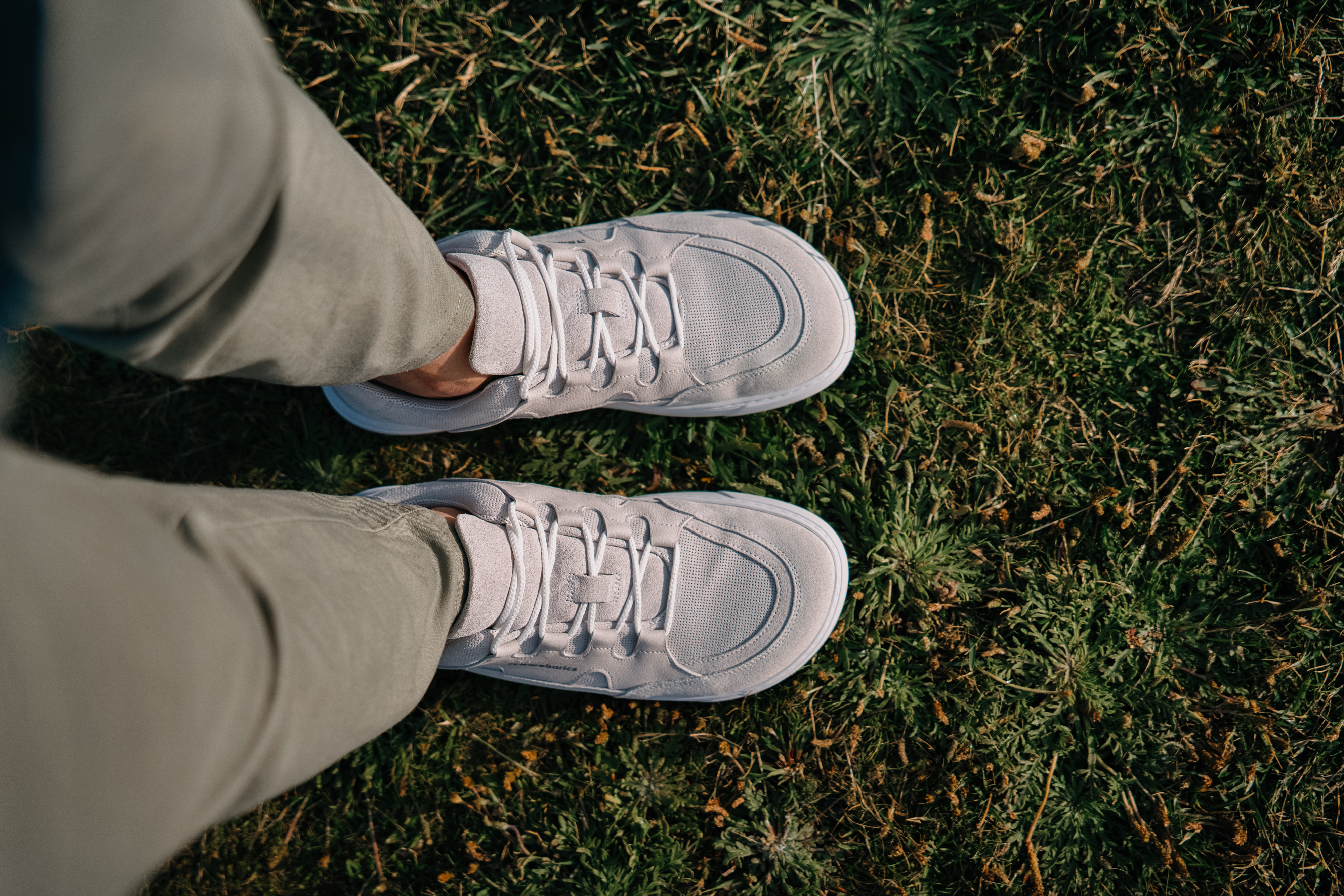
To help strengthen your feet:
- Go barefoot at home
- Avoid high heels
- Try foot exercises (like picking up objects with your toes)
4. Will my feet freeze in barefoot shoes?
Only if you’re wearing sandals in December. Barefoot doesn’t mean summer-only. We offer insulated, moisture-resistant barefoot models made for cold weather. And don’t forget the right socks—it makes a huge difference.
If your feet are always cold, it’s usually a circulation issue, not a barefoot issue. Massage and regular movement can help.
5. Do barefoot shoes lack arch support?
That’s kind of the point. Your feet don’t need “support pillars”—they need freedom. According to Harvard Health Publishing, healthy feet can support themselves just fine. Nature gave us foot muscles for a reason.
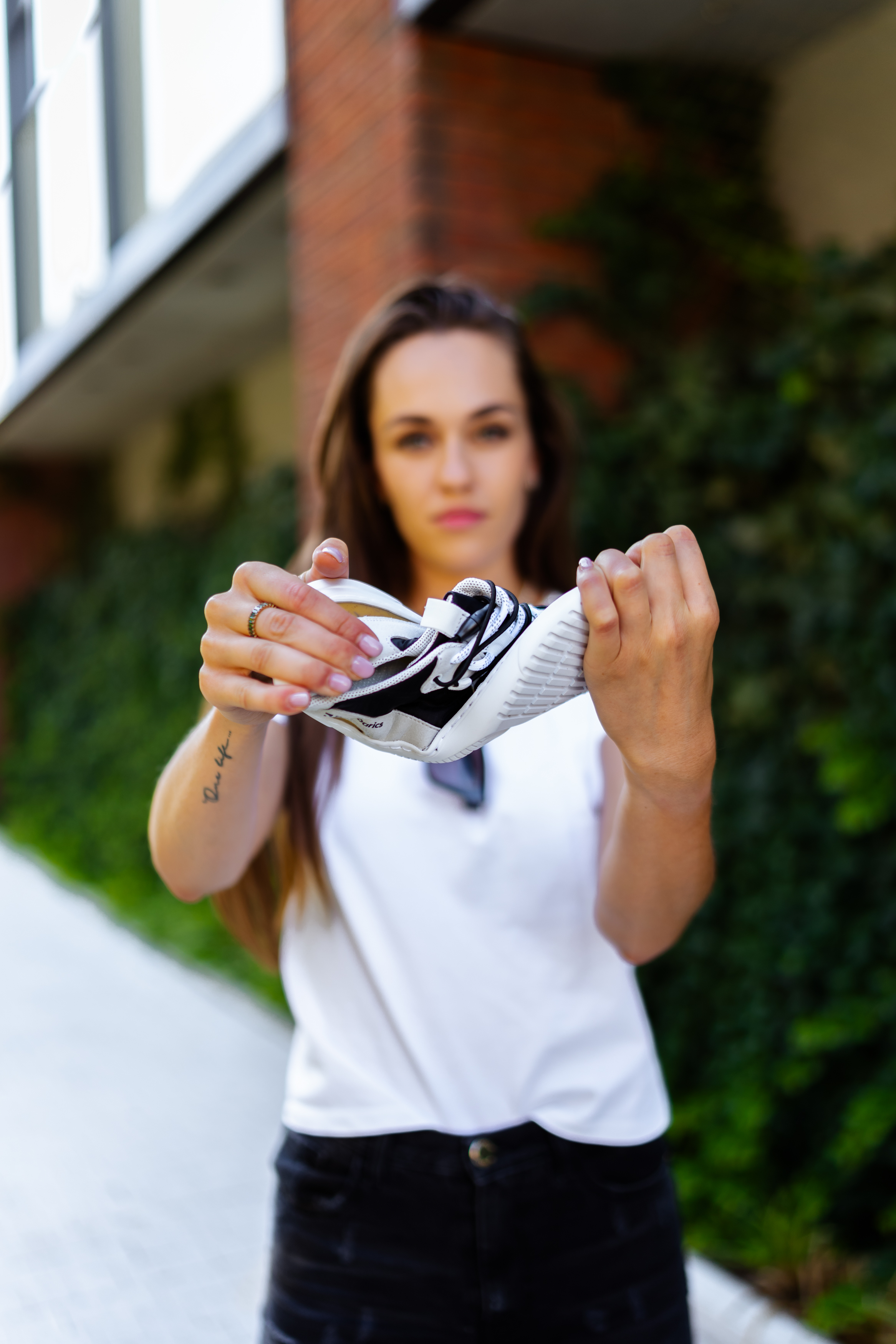
Barefoot benefits:
- Better posture
- More natural stability
- Less pressure on knees and hips
6. Will my feet get bigger?
They might—just a little. But that’s a good thing! It means your feet are no longer being cramped and are returning to their natural width. Happy feet = strong, functional feet.
7. Are barefoot shoes only for hippies?
Not at all. They’re for anyone who wants to move the way nature intended.
Barefoot isn’t a lifestyle trend or ideology. It’s a choice—one that blends style, health, and movement. It’s for you, your mom, the runner at the park, and your coworker at the office. It’s for your Urban Soul.
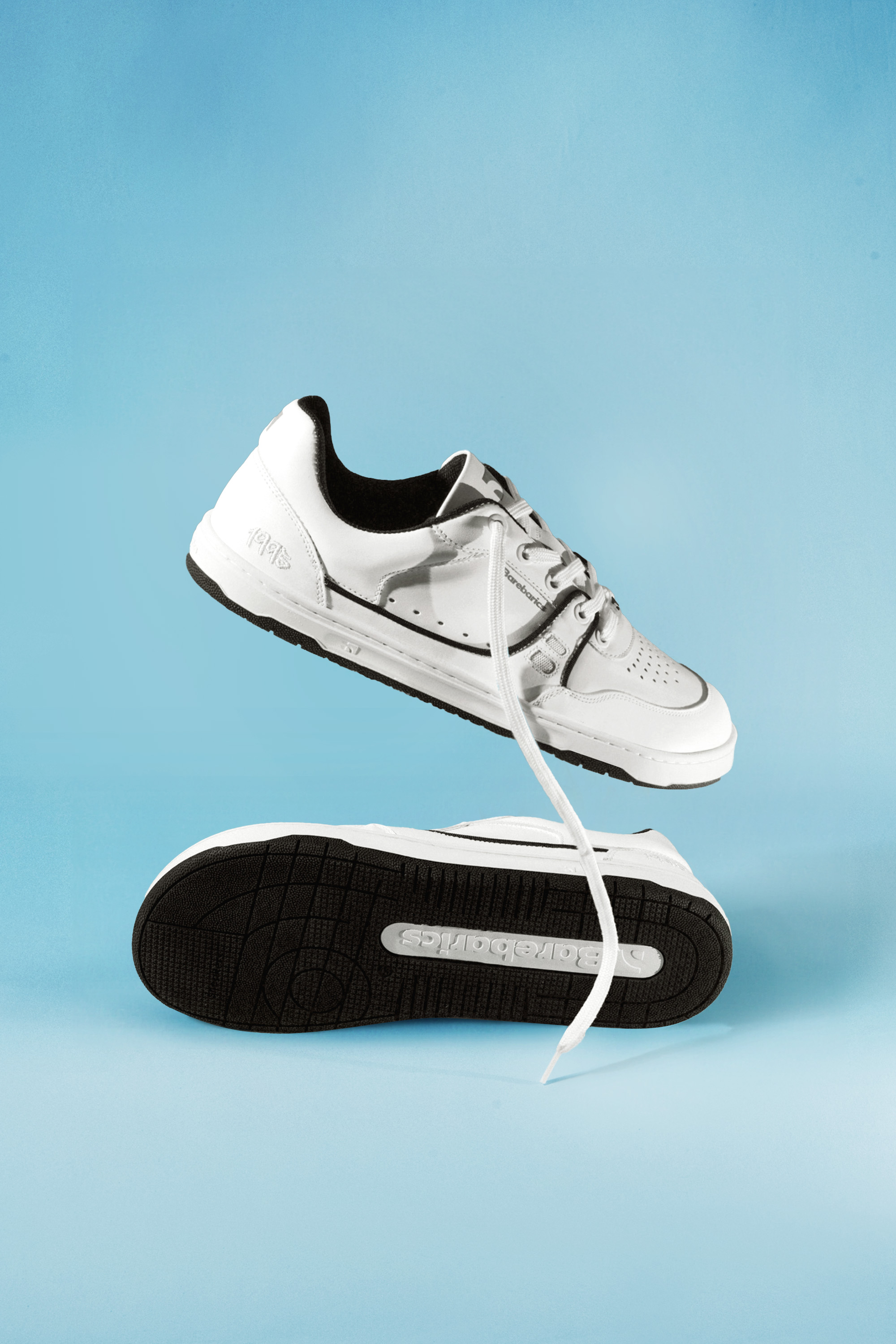
Is barefoot good if I have flat feet?
+ -Usually, yes. Barefoot shoes can help strengthen your arch if introduced gradually and wisely.
Can I walk around the city in barefoot shoes?
+ -Yes, but take it slow at first to adapt to harder surfaces.
Why do my feet feel cold in barefoot shoes?
+ -It’s more about blood flow than the shoes themselves. Try moving more or wear warmer socks.
Will my feet grow when I start wearing barefoot?
+ -Not grow, but relax into their natural width.
Can I wear minimalist shoes for sports?
+ -Yes, but start with walking. Running and strength training should come later, once your feet are stronger and more adapted.
Can barefoot shoes replace orthotics?
+ -That depends on your diagnosis—always consult a physiotherapist.






